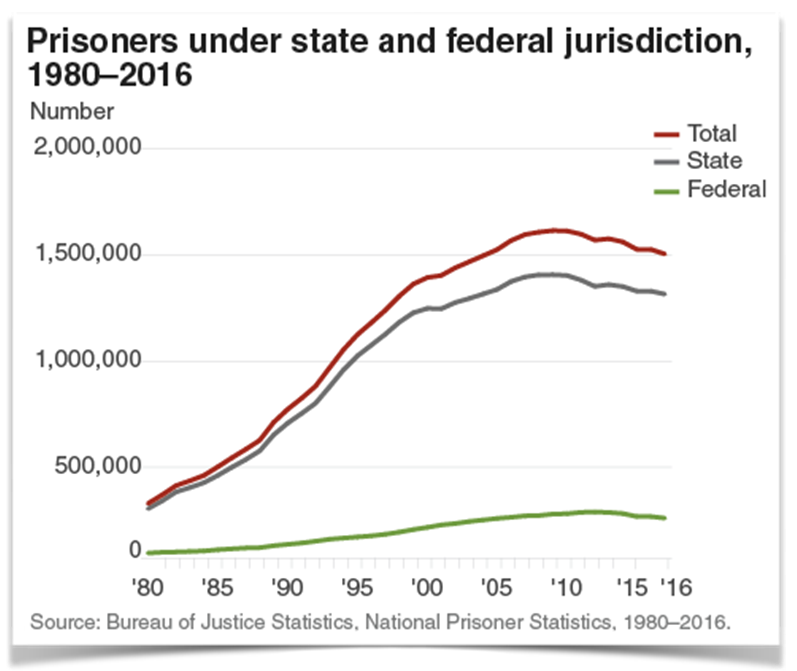Five congress members led by Rep. Karen Bass (D-CA) convened on July 13 to discuss issues that embraced compassionate prison reform measures.
A crowded room at the Los Angeles First A.M.E. Renaissance heard six experts testified before members of the House Judiciary Committee Subcommittee on Crime, Terrorism, and Homeland Security and the Congressional Black Caucus.
Accompanying Rep. Bass were Reps.Ted Lieu (D-CA), Hank Johnson(D-GA), G. K. Butterfield (D-North Carolina), Dwight Evans (D-PA), Steven Horsford (D-NV).

Despite an all democrat panel Rep. Bass asserted that republicans were invite but scheduling conflicts prevented them from attending. She also said the two parties agree that criminal justice reform is a priority.
Rep.Bass said democrats and republicans “may come to the table for different reasons” however criminal justice reform is a top agenda item.
California was once known for its tough criminal justice laws and led the nation in mass incarceration.
Criminal justice advocates weighed in on the potential impact of California’s attempts at criminal justice reform.
“People directly impacted by incarceration are leaders in their own experience,” says the Director of Initiate Justice, Taina Vargas Edmonds. “They understand what it takes to make our community safe.”
She also suggested that voting rights be restored to those who have served time.
According to a 2018 report from the Bureau of Justice Statistics (BJS), in 2016 nearly 2.2 million adults were held in America’s jails and prisons. Today approximately 241,000 are behind bars in California.

However in 2011 California voters passes Assembly Bill 109 (AB 109), also known as “realignment”to divert people convicted of certain classes of less serious felonies from state prisons to local county jails.
Another reform measure, Proposition 47, was passed by California voters 2014. It changed certain low-level crimes from potential felonies to misdemeanors.
Hank Johnson(D-GA) said “the California experience in criminal justice reform could be translated to other states.”
Criminal justice advocates urged lawmakers to examine California’s criminal justice reforms and determine whether or not the lessons learned from past policies can be applied on a national scale.
According to US Dept. of Justice National Prisoner Statistics program, state prisons accounted for nearly 57% of the total U.S. adult incarcerated population in 2012 including those serving time for felony convictions and parolees reincarcerated for violating their parole terms.
Rep. Bass says lawmakers need to consider why people of color are overrepresented in the nation’s prisons and jails and how incarceration affect their immediate families.
Committee members and panelist agree that California is far from finished in efforts to reform its over-crowded prisons.





